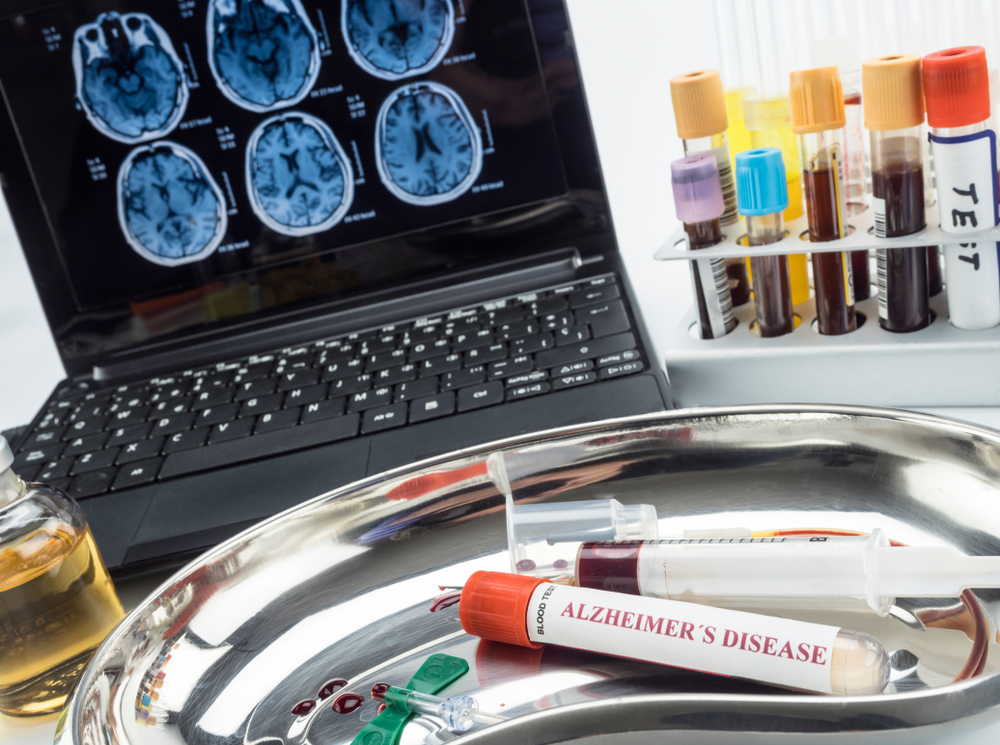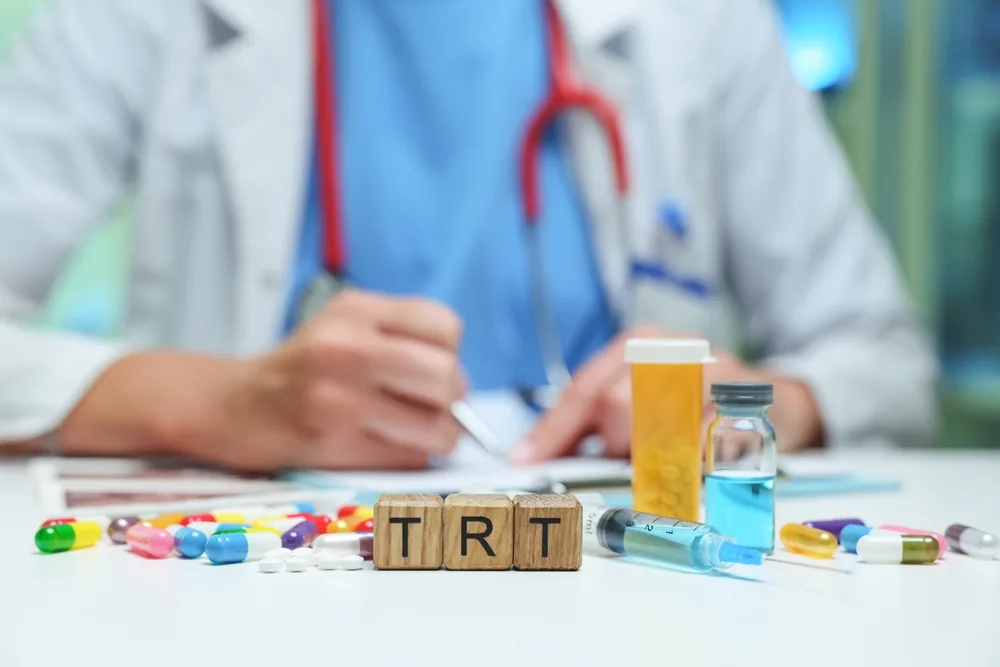It is not always easy or pleasant to think about your future health, but with the risk of cognitive decline on the rise, it is more important than ever to know your risk and take steps to improve your health. Advanced testing allows us to get a glimpse into the future and detect signs of decline before symptoms even start. Here’s everything you should know about early detection and cognitive tests for Alzheimer’s and dementia:
Detecting Dementia Early
 One of the most important things to know about how to prevent cognitive decline is that early detection is key. We recommend testing and preventative action before symptoms arise; that way, you’re taking control of your health rather than going to the doctor when it could be too late. There are things you can be doing now for your cognitive function that will help you in the long run, one of which is a cognitive test for Alzheimer’s and dementia.
One of the most important things to know about how to prevent cognitive decline is that early detection is key. We recommend testing and preventative action before symptoms arise; that way, you’re taking control of your health rather than going to the doctor when it could be too late. There are things you can be doing now for your cognitive function that will help you in the long run, one of which is a cognitive test for Alzheimer’s and dementia.
Testing for Alzheimer’s and Dementia
In addition to standard neurological exams and advanced imaging, we use a combination of two blood tests for dementia and Alzheimer’s to provide the most accurate assessment of cognitive health: the tau protein blood test and the beta-amyloid plaque test. These blood tests utilize the latest technology and advances in cognitive medicine and may even reduce the need for a PET scan or spinal tap, making this type of cognitive testing a less invasive and more convenient option.
Tau Protein Testing
One of the biggest biomarkers associated with cognitive decline and Alzheimer’s is the phosphorylated-tau (p-tau) protein. When these tau proteins accumulate abnormally and create “tangles”, this typically indicates the presence of a neurodegenerative disease. A blood test can determine raised tau levels before symptoms are noticeable, providing reliable data to confirm a diagnosis early.
Beta-Amyloid Plaque Testing
In addition to tau protein tests, we also recommend beta-amyloid plaque tests. This testing for Alzheimer’s and dementia shows the ratio of beta-amyloid proteins in your blood in order to determine the likelihood of future plaque buildup in the brain, one of the main indicators of Alzheimer’s disease.
Integrative Medicine for Cognitive Function
 What happens after the process of getting cognitive tests for dementia and Alzheimer’s? Our approach for protecting brain health and preserving cognitive function aligns with the reCODE protocol, also known as the Bredesen protocol, which focuses on customized diet and lifestyle plans based on the individual’s needs, as well as targeted supplements.
What happens after the process of getting cognitive tests for dementia and Alzheimer’s? Our approach for protecting brain health and preserving cognitive function aligns with the reCODE protocol, also known as the Bredesen protocol, which focuses on customized diet and lifestyle plans based on the individual’s needs, as well as targeted supplements.
Interested in knowing more about how to test for Alzheimer’s and dementia? At Elite Personalized Medicine, we make the testing process simple and convenient. We are happy to meet with you in person to go over your lab-based testing, or we can speak with you via our secure telehealth platform. Reach out to our functional medicine team regarding cognitive testing for dementia and early detection for Alzheimer’s today!











